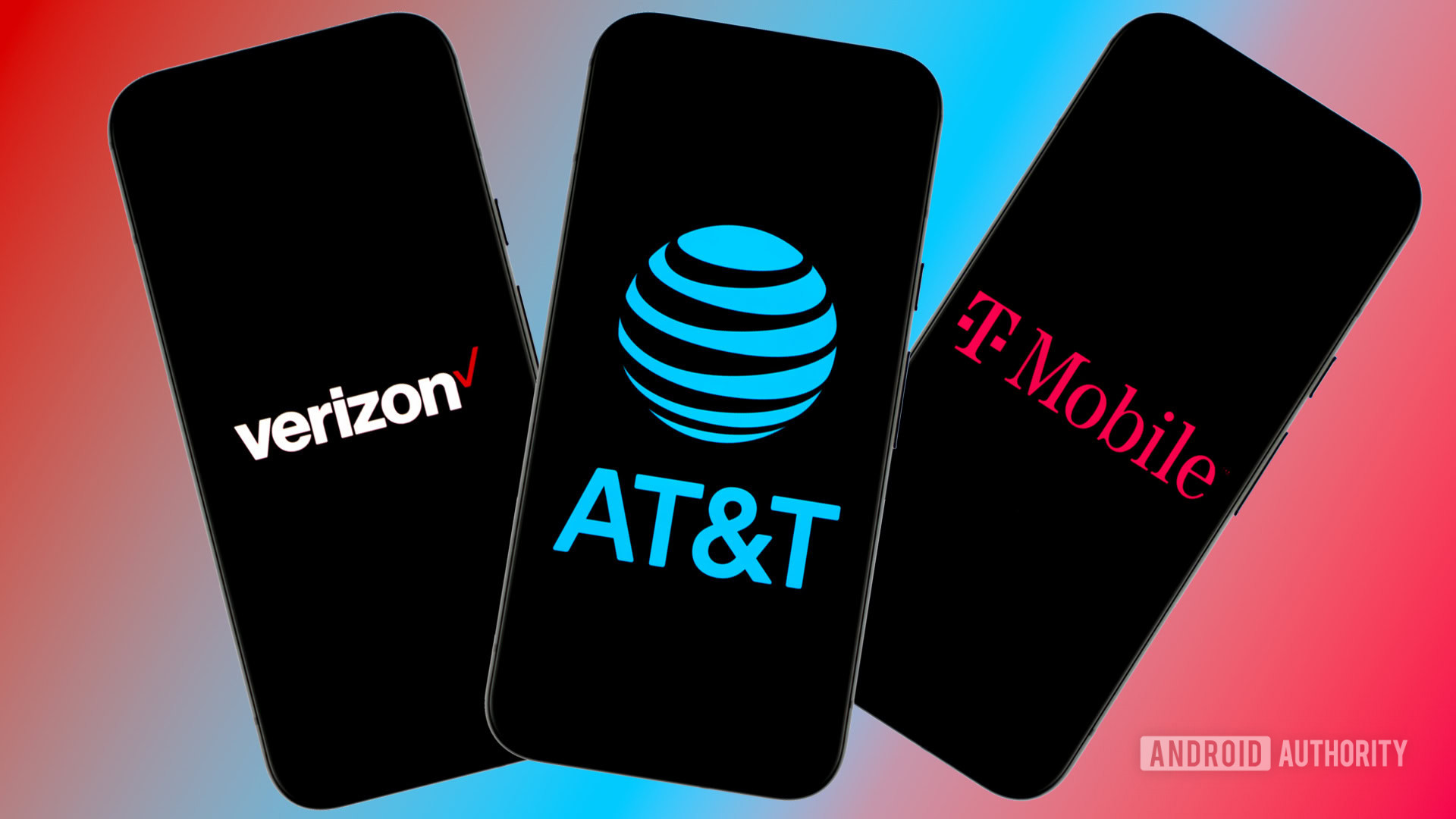Edgar Cervantes / Android Authority
Obtaining postpaid phone service in the US has always been costly, but the prices have drastically increased since the pandemic. Verizon, T-Mobile, and AT&T have raised their plan prices and added extra fees. Some perks have been removed, older grandfathered plans have seen price changes, and even T-Mobile has raised prices on legacy plans. It’s clear that sticking with the Big Three may not be worth it for most people. Prepaid carriers offer a more affordable option, with slower rate increases in pricing. Some carriers, like Mint Mobile, have even lowered their prices in response to the hikes by major carriers.
As someone with a Verizon account, I’ve considered switching to a prepaid carrier once my device payments are completed. There are common myths about prepaid service that need to be dispelled, including the belief that prepaid carriers are unreliable or have subpar customer service. In reality, many prepaid carriers are owned by major networks like Verizon, AT&T, and T-Mobile, providing quality service and support. Customer service quality varies among carriers, but options like Cricket and Metro by T-Mobile offer in-person support through retail locations.
Another myth is that prepaid carriers have limited coverage and slower data speeds. In the US, most prepaid carriers use networks from major providers, resulting in comparable service quality. Many prepaid plans offer features similar to postpaid plans, such as 5G support and unlimited data options. While perks may be less common in the prepaid sector, some carriers offer benefits like free streaming services or cloud storage.
Overall, prepaid carriers can be a viable option for individuals and families looking to save on phone service costs without sacrificing quality. Myths about prepaid service being unreliable, lacking features, or having poor customer service are outdated, and many prepaid carriers offer comparable service to postpaid plans.

